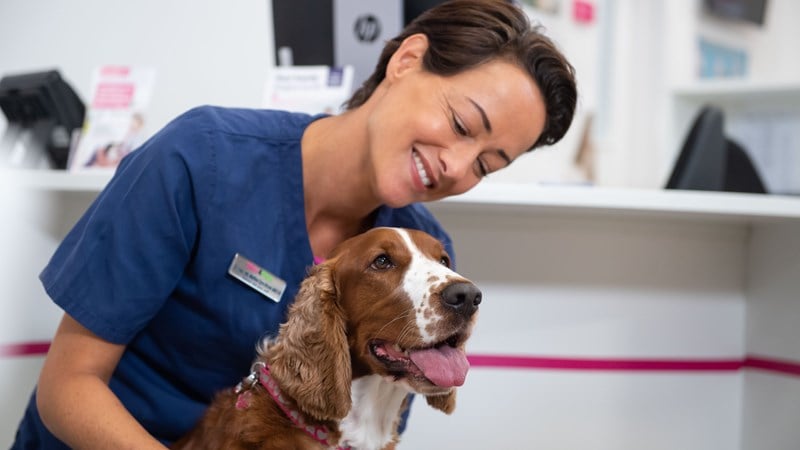
Canine Babesiosis
If your dog has or had ticks and you are concerned for the health of your dog, please contact a vet immediately.
Symptoms of babesiosis can range from mild to severe and include lethargy, lack of appetite, fever, anaemia, pale gums, an enlarged abdomen, weight loss and jaundice. If your dog has or had ticks and you are concerned for the health of your dog, please contact a vet immediately.
More about canine babesiosis
Check your pets’s skin on its head first (around the mouth and ears, behind ears and on its neck), then work your way down its forelegs and the rest of its body, searching for any lumps on the skin surface.
If you find a lump:
- Part the hair and look at it more closely (with the help of a magnifying glass, if necessary)
- The place where the tick attaches may or may not be painful and there may be skin swelling - It is distinguished from other skin swellings and growths because close scrutiny can reveal the tick's legs at the level of the skin.
When attempting to remove a tick avoid handling the parasite directly. Wear gloves and dispose of ticks hygienically so they cannot re-attach themselves or lay eggs.
If you find a tick on your pet’s skin:
- The aim is to remove the whole tick, including its mouthparts without squeezing the tick's body
- Use a specially designed hook or scoop with a narrow slot that traps the tick's mouthparts
- Slide the hook under the tick at skin level so as to grip the head of the tick, ensure that the hook is not entangled
- Scoop out the tick rotating the hook around the tick's head may help dislodge the mouthparts before removal
- Flush the tick down the lavatory (or sink - with hot water)
- Buy a tick removal tool and keep it in your pet first-aid box
Do not attempt to burn, cut or pull the tick off with your fingers. If in doubt, take your pet to your local Vets4Pets surgery.
To reduce the risk associated with ticks on dogs, veterinary surgeons have innovative and convenient treatments that are only available on prescription. The options available to protect dogs against ticks include spot-ons, sprays, collars and oral chewable formulations. For best advice on how to remove a tick correctly from your pet please contact your local Vets4Pets.
Health Plans to keep your dog healthy
At Vets4Pets we offer a range of Health Plans that make essential routine treatments more affordable. You'll save money on things like annual vaccinations, flea and worm treatment and routine health check-ups.

Dog Advice
Read more of our expert dog advice to keep your dog happy and healthy.
